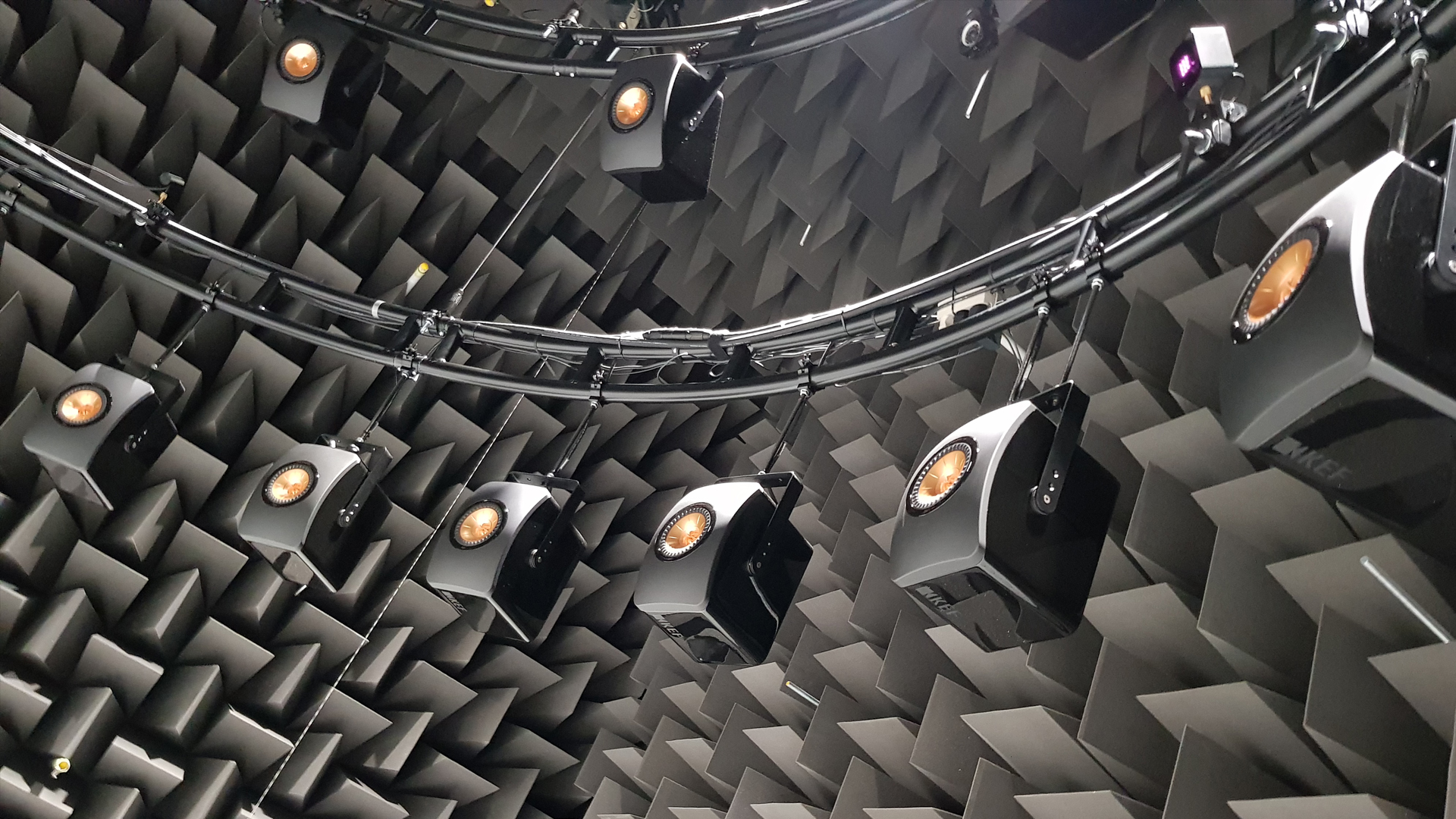Centre for Applied Hearing Research (CAHR)

The Centre for Applied Hearing Research (CAHR) was created in 2003 through a formal consortium agreement between the three Danish hearing-aid companies Oticon, WS Audiology and GN Hearing and DTU and is situated within the Hearing Systems section. CAHR’s mission is to investigate the signal processing principles and coding strategies in the human auditory system with an emphasis on the perceptual consequences of hearing impairment and aided hearing impairment in complex acoustic environments. Previous work has included the development of new speech perception tests as well as the design and development of new sound recording and reproduction techniques.
In particular, CAHR aims to connect the fundamental research conducted at the Centre for Hearing and Speech Science (CHeSS) with the clinical research conducted at the hospitals and the needs of industry. Thus, CAHR seeks to apply findings from research conducted at DTU and elsewhere in a way that is relevant to society.
The current focus of CAHR is to optimize aided outcome measures by individualizing rehabilitation strategies. This is obtained throug three projects. The first project focuses on the characterization and prediction of individualized outcome measures. Moreover, a hearing impaired model is being developed to predict aided and unaided performances. The model will help develop user-centric parametrization of rehabilitation strategies. The second project will investigate how listening behavior such as head movements, eye-gaze, speech rate and turn-taking differs between normal hearing and hearing impaired listeners. The last project will characterize listening behavior of normal hearing, hearing impaired and aided hearing impaired listeners in complex dynamic scenes.

